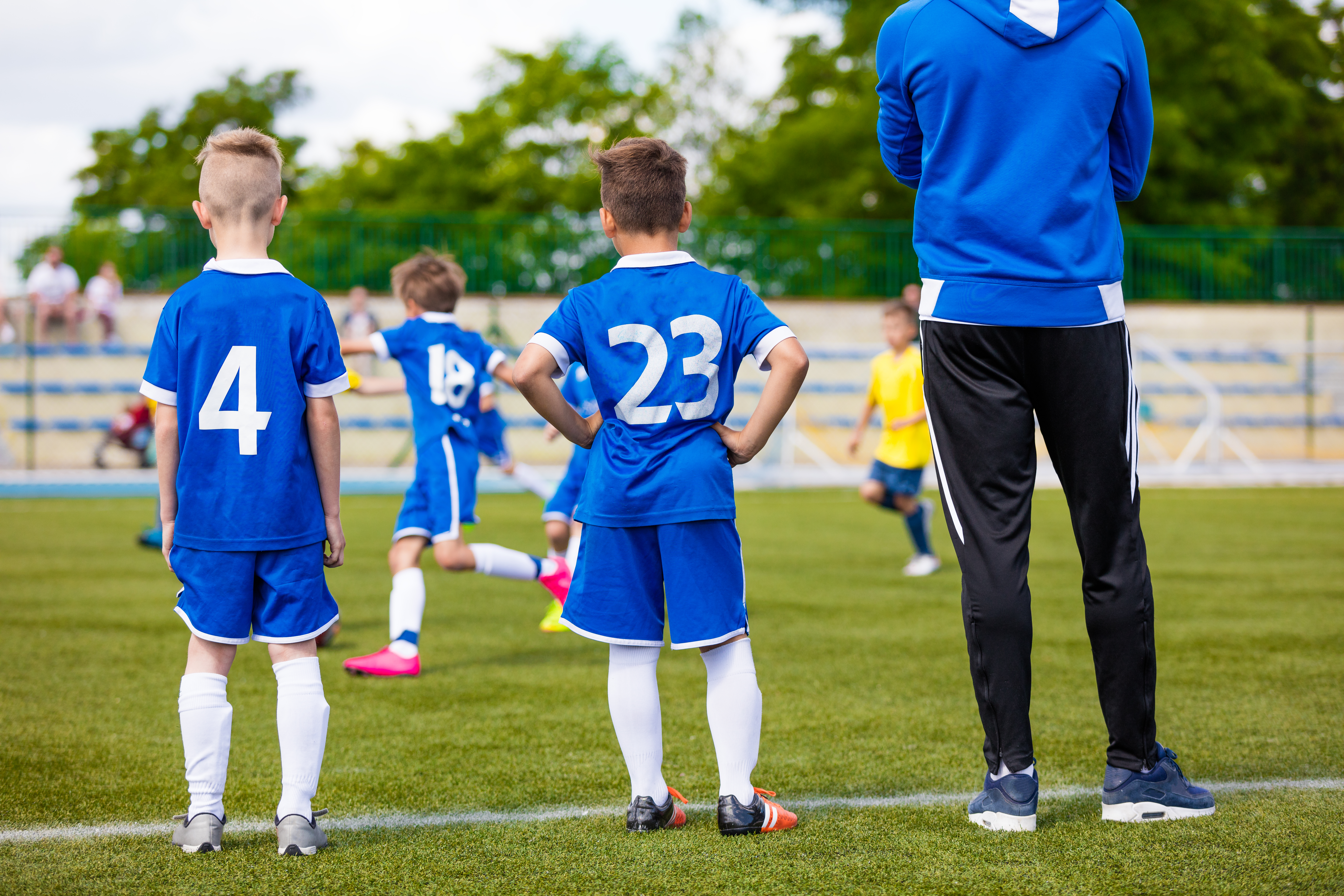Victoria University, with funding by the beyondblue Victorian Centre for Excellence, has published The Equal Play Study, a research paper about the impact of homophobic bullying during sport and Physical Education (PE) classes in schools (Paper). The Paper has some troubling findings - chief amongst which is the worrying link between homophobic verbal abuse and poor mental health outcomes for same-sex attracted and gender diverse (SSAGD) youth.
Half of the students surveyed heard homophobic verbal abuse in PE classes at least once, and a third have heard it regularly. This was significantly more frequent than in school-based sport, and also club sport. The Paper goes on to report that the type of abuse heard ranged from the casual use of the phrase 'that's so gay', to more offensive name calling and epithets. Importantly, the Paper points out that although the phrase 'that's so gay' is 'sometimes used without the direct intention to be hurtful', over 80% of SSAGD students find this phrase at least a little distressing, and half find it quite or extremely distressing.
Interestingly, verbal abuse is linked to higher scores on depression, anxiety and stress scales, but physical abuse is not linked in the same way. The fact that verbal abuse causes more harm than physical abuse should flag to educators that allowing casual homophobic comments to pass between students is potentially more damaging than allowing them to brawl. The Paper suggests that PE classes are a particularly problematic environment for issues of homophobia and abuse.
School administrators should take note of these findings. Students may experience a wide range of behavioural, emotional, social and psychological issues at school that, if left untreated, may jeopardise their wellbeing and learning. As part of their duty of care towards students, schools are required to take reasonable steps to protect them from any injury that may be reasonably foreseen and in the case of homophobic abuse or bullying, schools cannot ignore the particular harms suffered by SSAGD students. To prevent bullying of SSAGD students, and to encourage safe and inclusive participation in PE classes, schools can:
- educate all students on the importance of encouraging participation in school activities from all types of students;
- develop and implement policies about homophobic and transphobic language; and
- educate staff on how to provide welcoming and safe sporting environments.
The Paper also found that one of the factors that strongly protected students from verbal homophobia was unconditional self-acceptance. It states that 'addressing the many factors that can influence someone's self-acceptance could be an effective avenue for building resilience in this group of young people in these sporting settings'. The different impacts of attitudes in PE is anecdotally reflected in the evidence. Some survey participants have stated, on the topic of past experiences in sport and PE, that 'it hasn't affected me in a negative way at all'. But, on the other hand, others have stated that '[t]he teacher couldn't hear what was happening on the field, and I felt unsafe so I never played any sport outside of the compulsory activities'.
Students and schools can now also look up to examples set by sporting professionals. The You Can Play campaign supports 'safe, fair and inclusive' attitudes in sports and features some high-achieving and well-known athletes. The campaign's core message is that if you can run, kick or score, then no matter whether you are gay or straight, you can play. As an exemplar of sporting achievement, one needs only to look to Australia's most successful gay olympian, or as some like to say, Australia's most successful olympian.
The gendered nature of sport and PE provides its own challenges. School principals and staff have the capacity to take a leadership role in minimising harm suffered by SSAGD students by encouraging inclusive and safer participation in school activities.
Does your school have a policy about homophobic and transphobic language?


.png)
